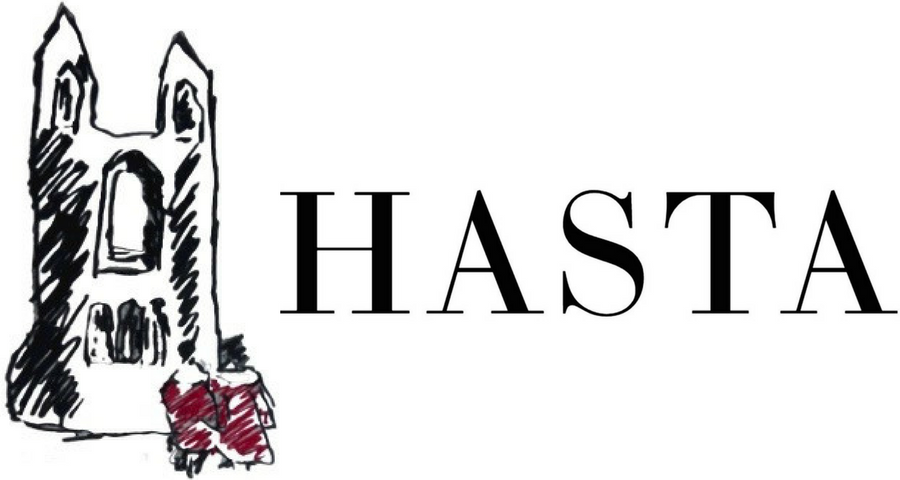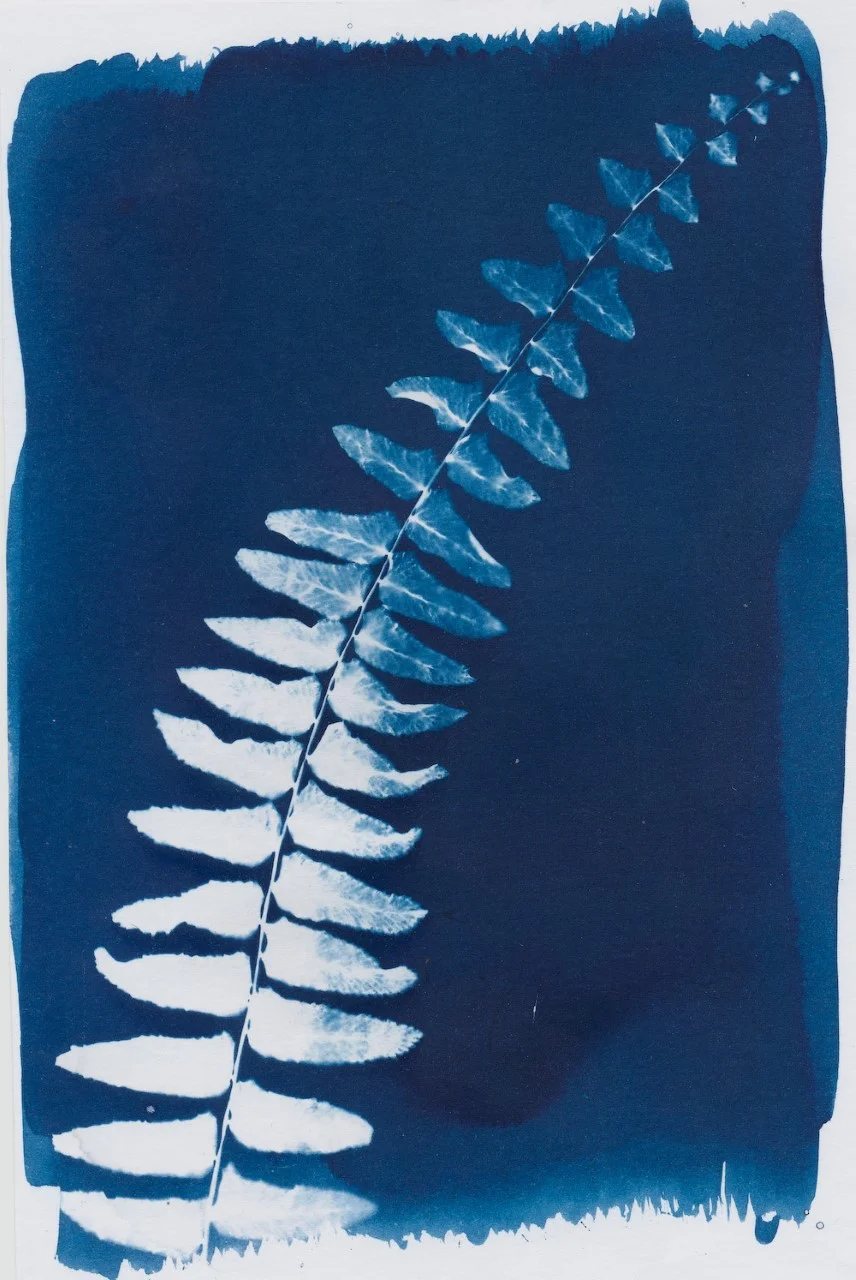Art Historians in Focus: Lydia Heeley
By Alex Cohen
Lydia Heeley
Lydia Heeley is an MPhil History of Photography student in her second year.
Why do you study art history? How did you get into it?
I’ve always loved visiting museums and galleries ever since I was little, so when it came to deciding on a degree I wanted to learn more about art history as a subject to better understand the artworks in the environments I enjoyed. My family are very arty, so I’ve been always around that kind of creativity. I moved more towards photography after doing a practical course before going to university.
Where did you do your undergraduate and how does the experience compare to St. Andrews? This is an important town in terms of photo history, after all. It must be great being surrounded by that.
My undergraduate was at the University of Kent in Canterbury. I chose that course because it was Art History but I could specialise in Photography and do some practical modules so that really appealed to me, being able to study photography but get the essential background knowledge and methodology for an art historian. I chose to study at St Andrews because the Masters degree is very unique, there aren’t many other degrees available where I could focus on photographic history the way that I can here, with the support of such prestigious lecturers. The history of the town is very inspiring, it’s great to know that I’m researching photography in a place where it was being practiced and developed so early in the history of the medium. Seeing calotypes from the 1840s of places like St Salvators and The Pends looking so similar to what we can see here every day is very exciting. I feel very lucky to be studying photography here.
Why an MPhil? Could you summarise your dissertation subject?
I started out on the MLitt program last year, and I loved the course and the town so much that I wanted to stay. The MPhil was the perfect way to do this and extend my research for another year. My dissertation is looking at the St Andrews Photographic Collection and specific case studies of Scottish documentary photography within the collection. There are some amazing Scottish photographers and the collection has a lot of hidden gems, I love working with the archives. At the moment I’m looking at Franki Raffles, who was an amazing photographer working on projects such as women in their workplaces in Edinburgh in the 1980s. Special collections holds all of her work so I’m looking at the significance of her documentary photography and also how the collection preserves and promotes her collection.
Where do you want your degree to take you? What would be the ideal job?
My ideal job after this would be in a photography gallery, something archival or something similar to curating. I’d love to explore different collections and show people amazing photographs. But to be honest, any job related to photography would make me happy.
William Eggleston, Untitled (White Car, Brick Wall), from "14 Pictures," 1974.
http://www.rosegallery.net/eggleston/exhibitions/williameggleston/
Who are some of your favourite photographers, and why?
I love William Eggleston, Martin Parr, Paul Graham. They usually fall under the genre of documentary photography, but I like them because they essentially make images of just real life, sometimes really mundane stuff but things that are familiar to us and that surround us all the time. Their photographs highlight that in such a great way, it’s really exciting to me even if the image is of a street corner or a stack of food for sale in a shop. I wrote my undergraduate dissertation on this topic so that I could study these photographers more. That’s my favourite kind of photography, the everyday in images.
Which figure from photo history would you most like to have coffee with?
Probably Ansel Adams. I really adore his photographs and I love landscapes. We could talk about the great outdoors but also talk about nerdy technical things to do with darkrooms and cameras.
Do you have any favourite artists (who aren’t photographers) that you think speak to photography in some way through another medium? Or do you just need a break from photographs sometimes?
If I’m thinking of paintings then I really love the Pre-Raphaelites. The style and the colours are so beautiful, but maybe it attracts me because in some ways it’s quite photographic in the way that some images are composed. There was a great show at the Tate last year on that subject, and it had some early photographs used as studies for paintings. If I really want to get away from photos then I turn to things like textiles and ceramics. I love seeing different types of art but I never really get tired of photography.
Robert Mapplethorpe, Ken Moody and Robert Sherman, 1984.
https://www.guggenheim.org/artwork/2740
Could you talk a little bit about some more controversial photographers that people tend to criticize? What are your thoughts on Robert Mapplethorpe? Martin Parr? The latter is a personal favourite.
I think Mapplethorpe’s work is beautiful, I understand the controversy and some might be difficult to look at, but the way he presented his work was very honest and bold, and I like that aspect of it. Whether people like the work or not, he was an extremely talented photographer and an important figure in photographic history, pushing the boundaries of the medium in an important moment in history. Similarly, I really love Sally Mann’s work Immediate Family that got a lot of criticism and is still controversial, but I think the images are beautiful and have an honest feeling to them. They make life look beautiful but still show the tough and uncomfortable parts.
As for Martin Parr, I absolutely adore him, he’s my photographic idol. I think his work is very accessible and so clever, the kind of photos that look easy to make but are really skilful. Not only is his work visually impactful and a witty form of social documentary, he’s so important for his work on photobooks and highlighting British documentary photography. I was so excited to see his new foundation open in Bristol and I think he’s such a great advocate for photography.
Sally Mann, Candy Cigarette, silver print, 1989.
http://www.swanngalleries.com/news/2015/09/on-sally-mann/
If you could own any photo book, which would it be?
I would probably say William Eggleston’s Guide. Mainly because the photographs included are a big part of what got me in to studying photography, and they’re the kind of everyday, vernacular images that I really love.
One of Lydia's cyanotypes, from her instagram @delayedrays
Do you take your own photos? If so what of?
I love taking photos as a hobby, if I do I try to be Eggleston-esque and document every day life and things and people around me, that’s when I really enjoy taking pictures. I just bought an old half-frame camera I’m having a lot of fun with. Otherwise, I love taking landscapes, and being in Scotland is great for that. I’ve also recently started to experiment with making Cyanotypes, which is basically coating paper in chemicals that react to sunlight and make an imprint of whatever is placed on the paper. I like making ones with things like petals and fern leaves and the blue of the final print is amazing.
For those of us art historians who would like a way in to photo history, is there a particular book or photographer where we could start?
For a good introduction The Genius of Photography by Gerry Badger is a great book with an overview of photographic history, it was also a BBC series that’s a really good watch. I’m a big fan of The British Journal of Photography, which is great to pick up and see contemporary photographers’ work and what’s going on in the photo world. Any of the photographers I’ve mentioned are great to look at. The thing l love about photography is how diverse it can be, both in form and in subject matter, so I’d suggest looking at as many photographs as possible!





